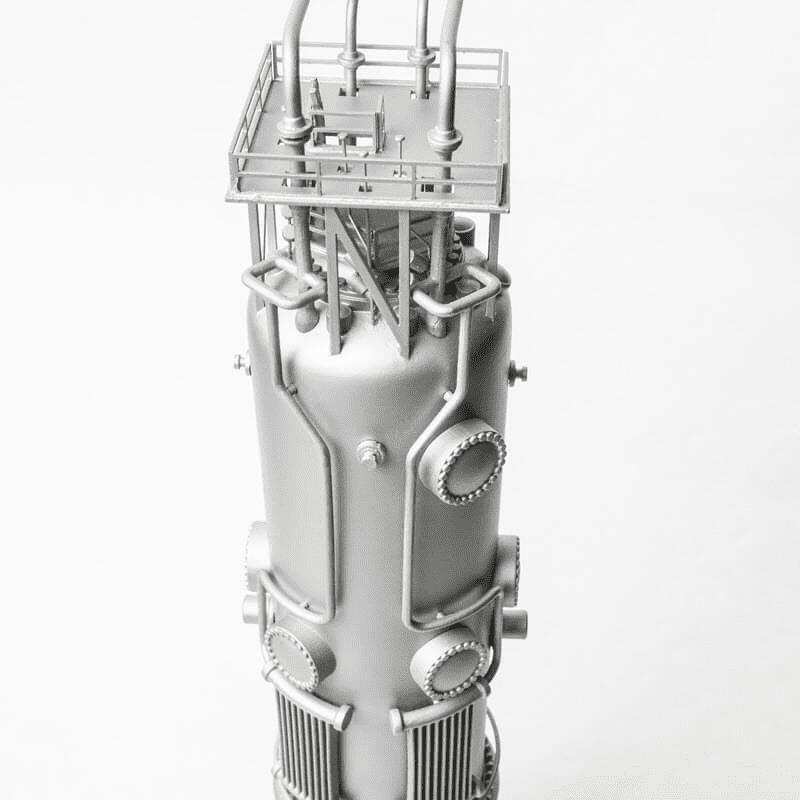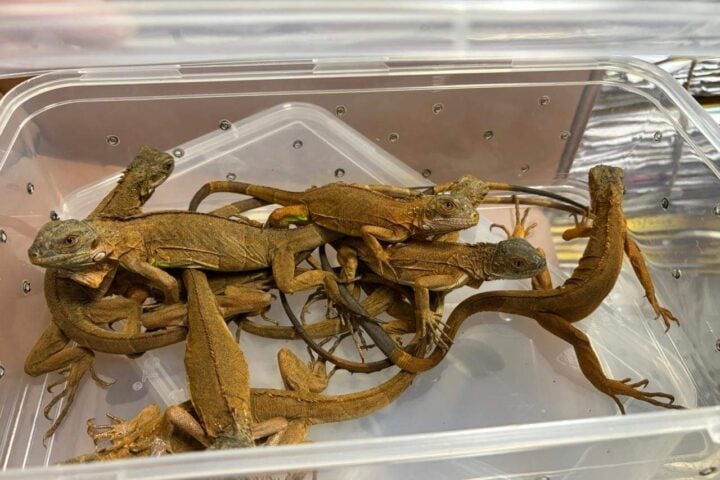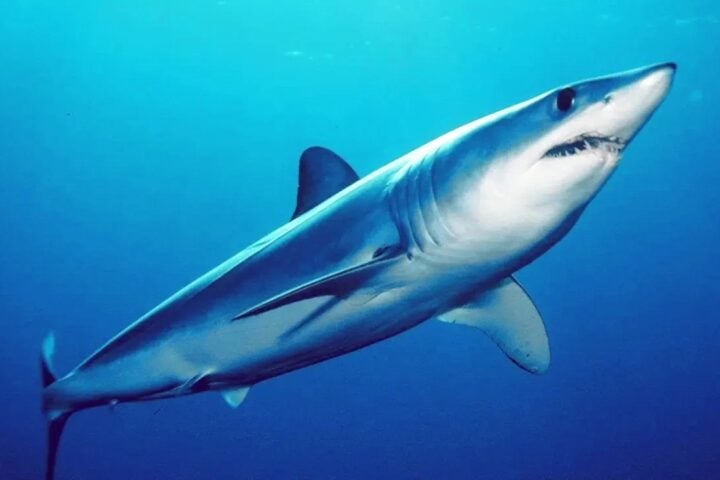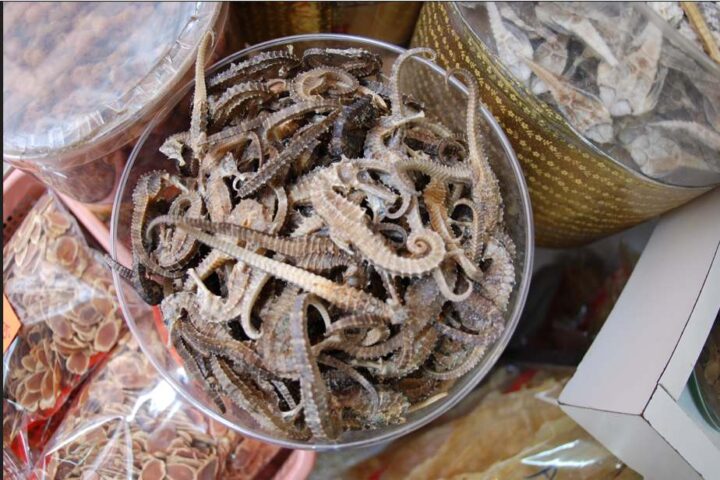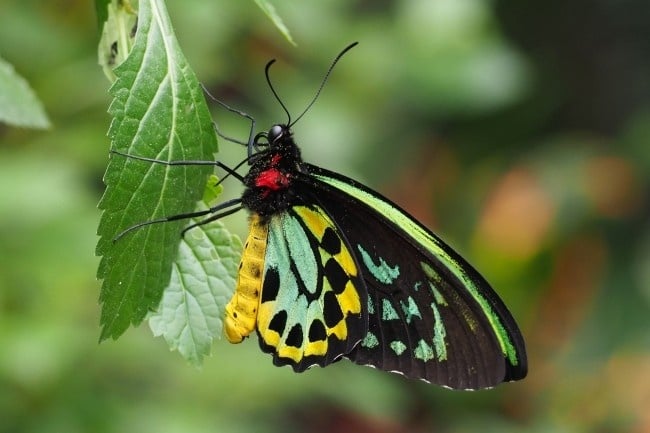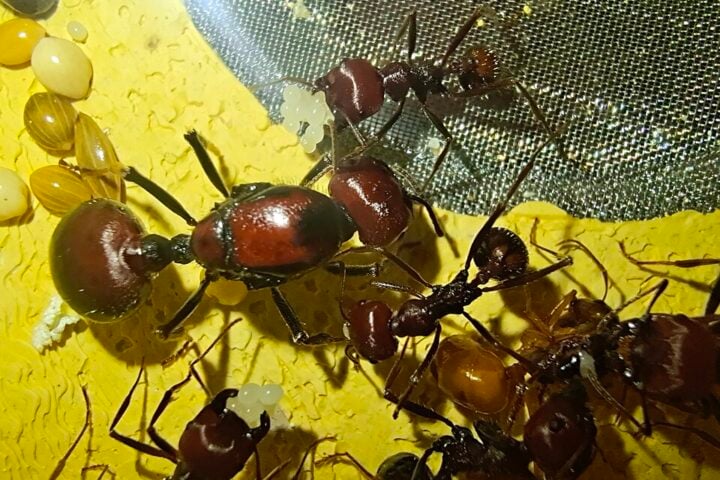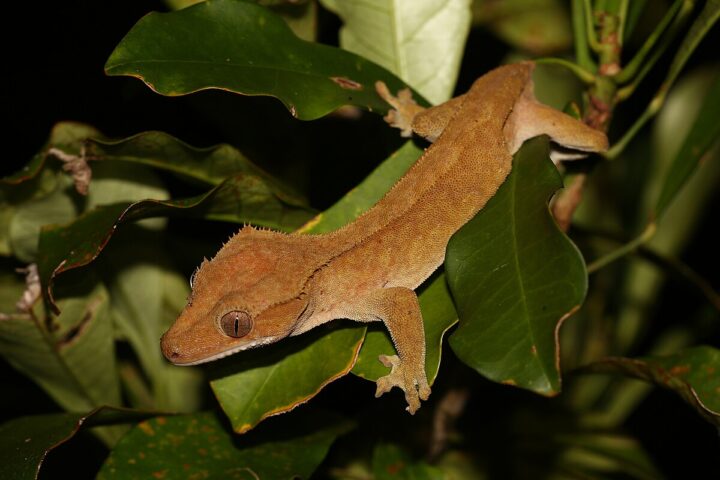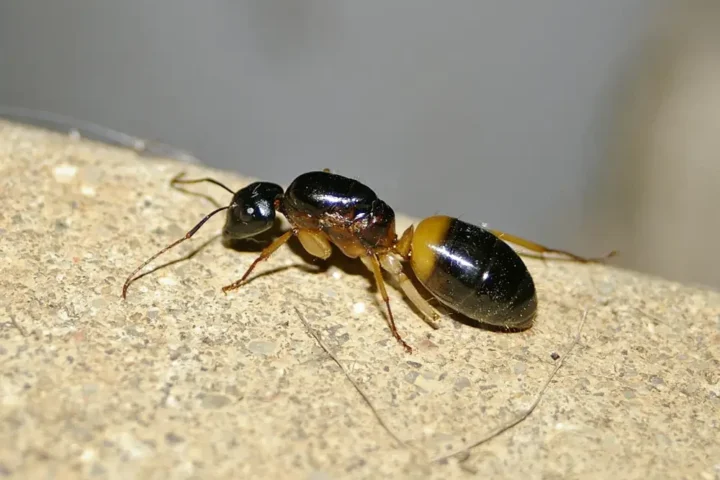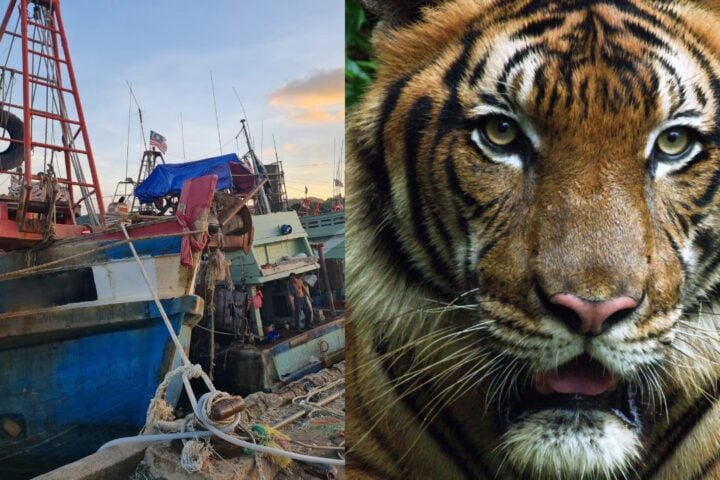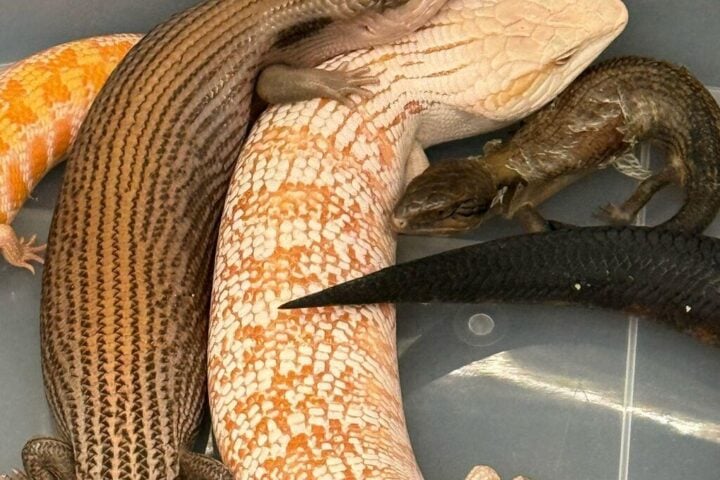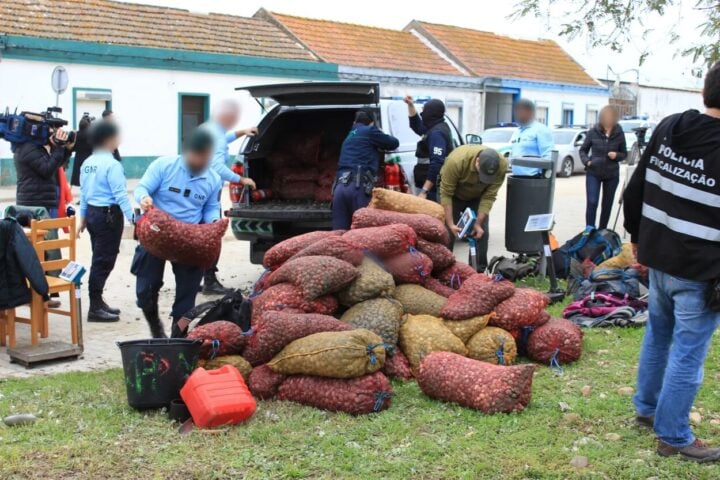According to the 2020 World Wildlife Crime Report by the United Nations Office on Drugs and Crime, several countries in the world are affected by wildlife trafficking. A wide variety of species from eels to pangolins to rosewood are trafficked illegally behind the curtains of law.
Biodiversity Strategy for 2030 has announced a revised EU Action Plan to stop illegal wildlife trafficking. The EU is a hub for global wildlife trafficking and has a key role to play in the fight against it. The global black market contributing to illegal wildlife trade results in the depletion or extinction of entire species. This action also spreads zoonotic diseases that spread between animals and humans.
The revised EU action plan includes following points:
- Wildlife trafficking prevention plan and finding its root cause: The root cause of wildlife trade is linked with overconsumption of a trafficked wildlife animal. So, reducing the consumer demand for those animals can lead to sustainable livelihood. To reduce the overconsumption illegal trades should be tracked effectively at the initial level.
- Strong legal policy against trafficking: Countries can achieve strong legal policy by aligning with the EU. National and international policies can engage with business sectors in wildlife trade and commerce.
- Enforcing regulations and policies to fight trafficking: Strong enforcement of regulation and detection of illegal activities within the EU. An increasing amount of cooperation and coordination between Member States can help in tackling wildlife trafficking.
- Strengthening the global partnership of source, consumer, and transit countries: Countries can enhance capacity and cooperation between Member States, EU enforcement and non-EU countries to fast track trafficking prevention efforts.
The Convention on International Trade in Endangered Species of Wild Flora and Fauna (CITES) will meet in Panama to consider stricter trade regulations for nearly 600 species of flora and fauna. The EU will also bring about a revised action plan to tackle illegal trafficking of wild animals.
Background
Illegal trade of wildlife can lead to biodiversity loss and can exceedingly weaken wild populations of flora and fauna. It can also result in extinction of certain species. Increasing the amount of wildlife trafficking can be destructive towards a country’s both economy and ecosystem. Poaching impoverishes local communities of legal and sustainable forms of income because of destructive socio-economic consequences in the ecosystem. Unmanaged and mishandled wildlife trafficking can spread zoonotic diseases which can be potentially devastating to public health.
The EU plays the key role in tackling wildlife trafficking. According to reports the value of the illegal wildlife trade in the EU was a minimum of €4.7 million in 2019 but is likely to be much larger. EU Member State authorities consistently seize wildlife in various commodity types ranging from medicinal, corals, reptiles, birds, plants, and mammals. Since 2017, there have been on average over 6,000 annual seizures involving (The Convention on International Trade in Endangered Species of Wild Fauna and Flora) CITES-listed wildlife in the EU.
The revised Action Plan is important for preserving global biodiversity. Reportedly the EU is leading by example ahead of two major international meetings: the United Nations Biodiversity Conference COP15 in Montreal in December. They will reach a global deal to stop and reverse the continued destruction of biodiversity and CITES COP19 in Panama, 14-25 November.
Place to date, it seems clear that a lack of integration and consistency between actions taken at different points in the trade chain will undermine the chances of success.


